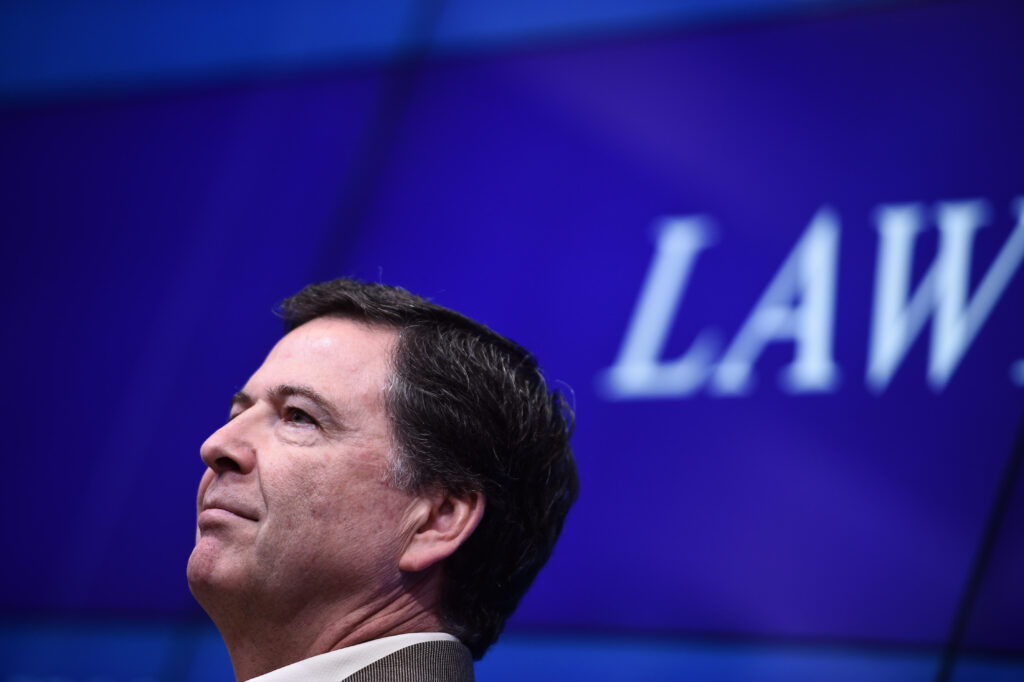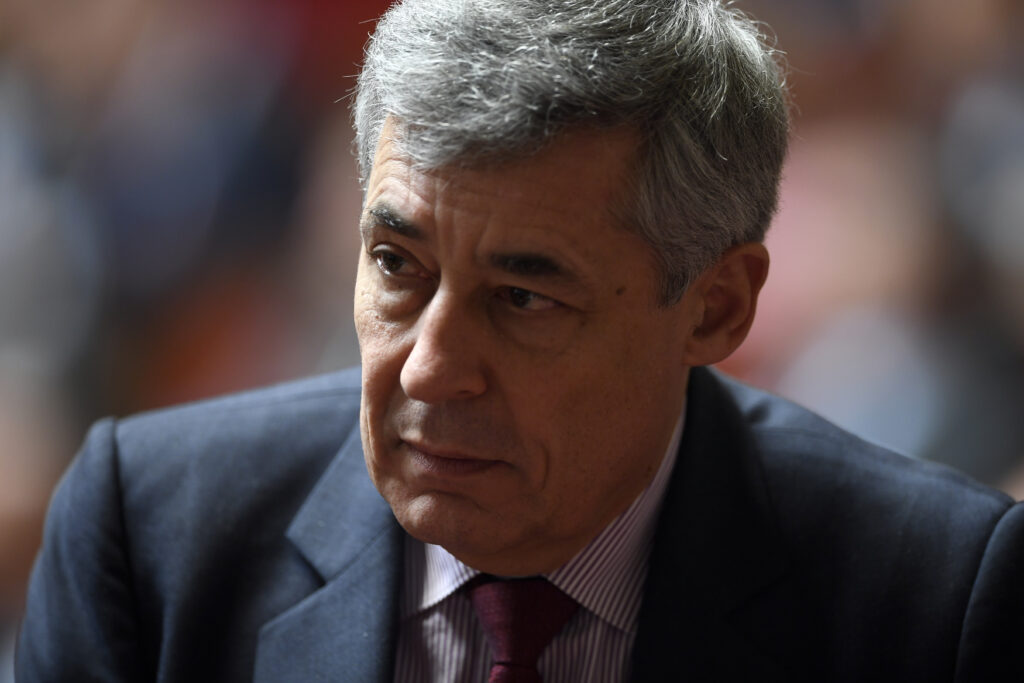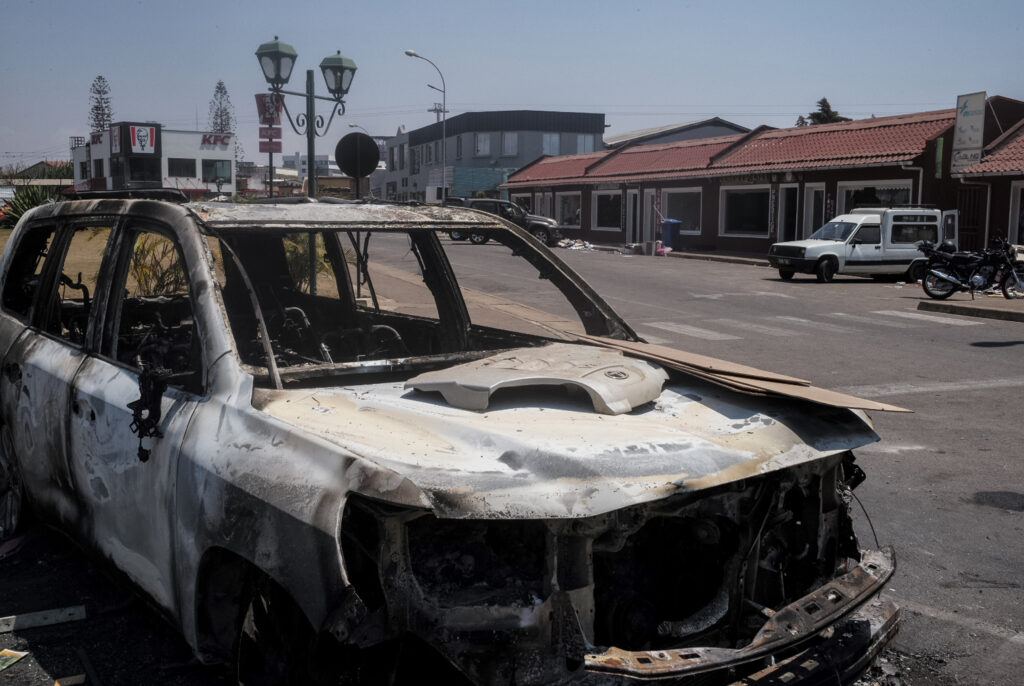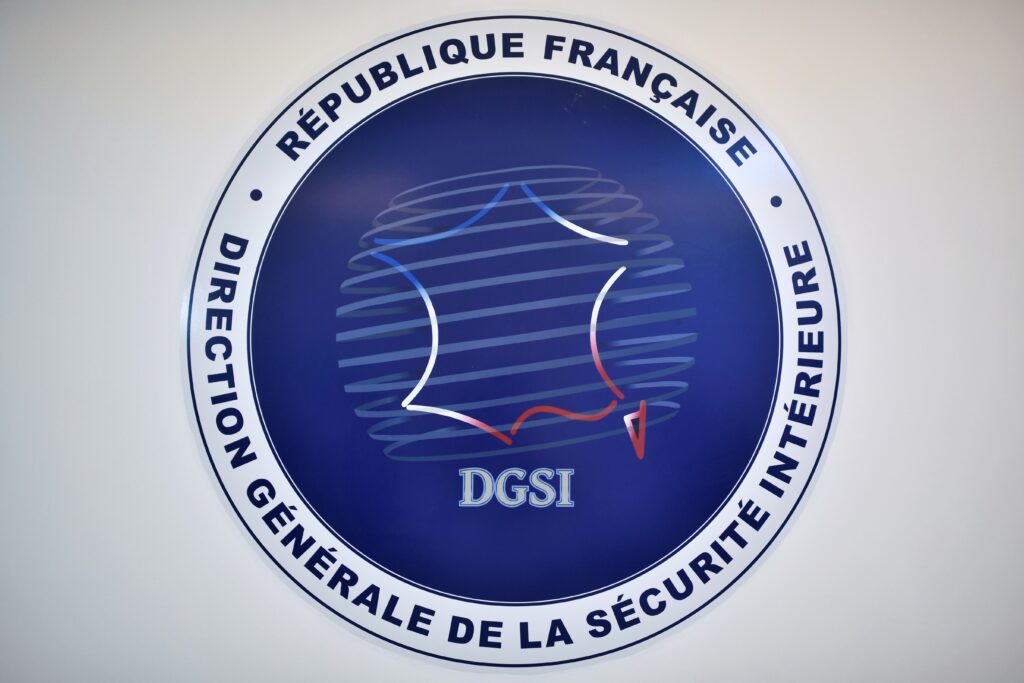La blessure de Marquinhos est un coup dur de plus pour le Paris SG, déjà handicapé en attaque et au milieu, à la veille de la réception d’Auxerre en Ligue 1 (21h05) et à quelques jours du déplacement à Barcelone.L’annonce, vendredi matin par communiqué, de l’absence du capitaine brésilien pour “plusieurs semaines” après une blessure au “quadriceps gauche” n’était presque pas surprenante tant l’effectif du PSG s’est peu à peu étiolé ces dernières semaines.Le défenseur central rejoint à l’infirmerie Ousmane Dembélé (cuisse), Désiré Doué (mollet) et Joao Neves (cuisse), qui “poursuivent leurs processus de rééducation”, selon le club. En revanche, Bradley Barcola ne figure plus dans la liste des blessés, lui qui, à cause d’une gêne musculaire à une cuisse, avait manqué le match à Marseille lundi (défaite 1-0). Il s’est entrainé vendredi matin lors de la séance collective, au cours de laquelle Fabian Ruiz a couru à part. C’est dès le déplacement à Marseille et non à l’entraînement ces derniers jours que Marquinhos s’est blessé. “Ca a été la dernière action du match contre Marseille (perdu 1-0 lundi), a relaté Luis Enrique. Il a ressenti une petite douleur, rien d’important, mais il faut être attentif et nous ne voulons prendre aucun risque.””Dommage pour nous parce que c’est notre capitaine”, a déploré l’entraîneur du PSG, conscient que l’expérience de Marquinhos pourrait manquer au moment d’aller défier le FC Barcelone, mercredi (21h00) pour le deuxième match de Ligue des champions de la saison. L’Espagnol s’est cependant attaché à relativiser cette litanie de blessures: “C’est le football, c’est la normalité, il faut s’adapter… Je ne suis pas préoccupé”.- Zabarnyi attendu au tournant -Les joueurs paient-ils le Mondial des clubs, terminé mi-juillet, et la reprise le 6 août? “Non, c’est la même chose que l’année dernière, je connais les journalistes, vous êtes préoccupés tout le temps, quand une équipe perd c’est la préparation physique qui est en cause et quand elle gagne c’est mental”, a raillé le coach.C’est Illya Zabarnyi, recruté cet été et qui effectue un début de saison solide, qui devrait remplacer Marquinhos, à moins d’une surprise Lucas Beraldo, qui a fait son retour le week-end dernier après son entorse contre Lens mi-septembre.Pour le reste, “l’adaptation” passera par les jeunes du centre de formation, situé en contre-bas des terrains d’entraînement de l’équipe première, au Campus PSG de Poissy (Yvelines). “Bien sûr qu’ils peuvent aider en cas de blessure. Il faut normaliser cet espace entre l’équipe de moins de 19 ans et l’équipe première”, a souligné Luis Enrique.La défaite contre le grand rival marseillais lundi, pour la première fois au Vélodrome en Ligue 1 depuis 2011, a frustré les Parisiens, d’autant qu’ils pensaient au départ assister à la cérémonie du Ballon d’Or, avant le report du match pour cause d’intempéries. “On n’a pas mérité de perdre, on s’est créé les occasions de but suffisantes pour marquer”, a-t-il jugé.- Le Ballon d’Or célébré samedi -Le PSG a néanmoins marqué le coup du Ballon d’Or attribué à Dembélé, qui dès mardi a apporté son trophée auprès de l’équipe. Luis Enrique lui a donné une accolade appuyée malgré sa clavicule récemment cassée, et toute l’équipe l’a fêté lors de la soirée de gala de la fondation du PSG mardi soir, selon les images du club.Le Parc des Princes aura l’occasion de fêter les lauréats samedi lors d’une présentation des trophées après le match: le Ballon d’Or, mais aussi le trophée Johan-Cruyff de meilleur entraîneur et celui de meilleur club.Le PSG, rejoint par Monaco, Lyon et Strasbourg en tête du championnat, espèrera alors, dans les minutes qui précèdent, avoir fait le travail contre Auxerre pour reprendre sa marche en avant.Interrogé sur les imprécisions de ses joueurs à Marseille, Luis Enrique ne s’est pas dérobé: “Si nous voulons gagner les deux prochains matches, surtout Barcelone, il ne faut pas rater de passes, sinon tu es mort”.Mais, et c’était peut-être son grand message du jour envers et contre les blessures et les méformes, “les joueurs ne sont pas des machines”.







